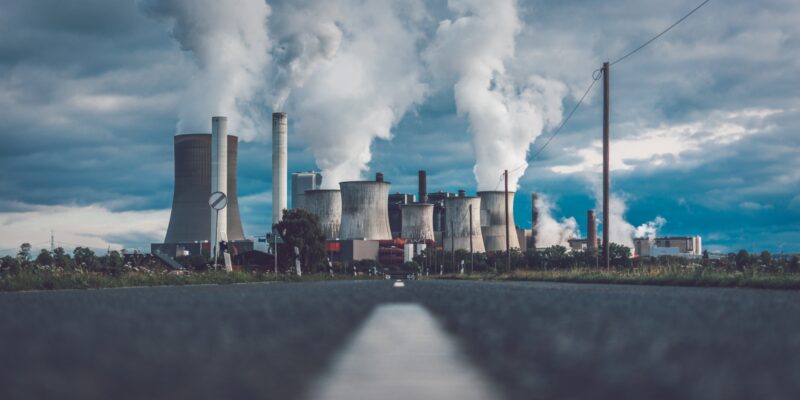Comment
Insights and expert analysis on climate issues.
Share

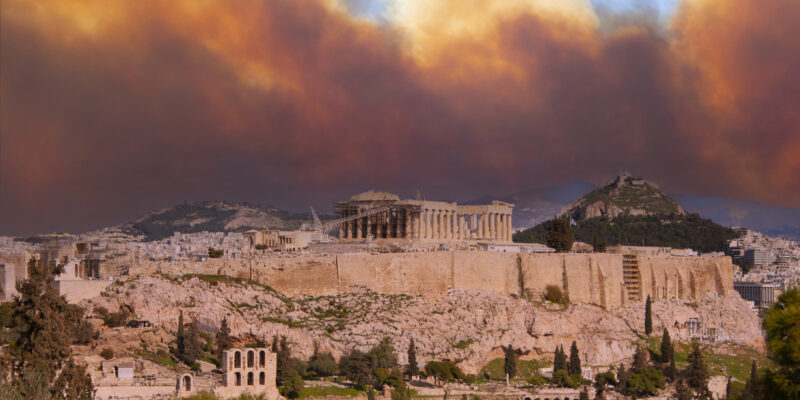
Extreme weather is raging across the northern hemisphere. Our experts explain the implications of the emerging El Niño for our changing climate.
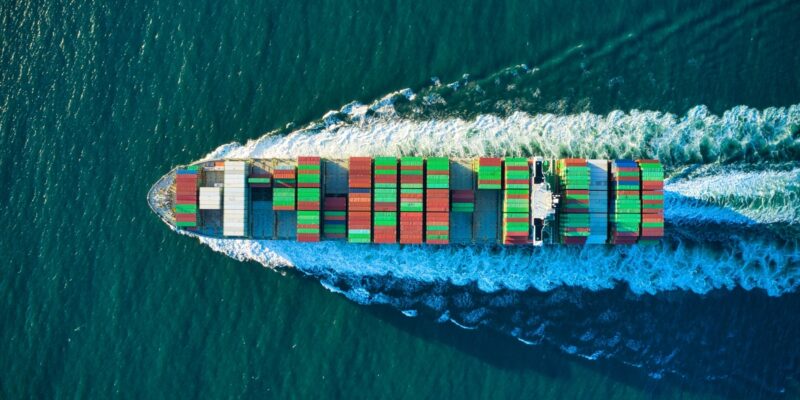
What the new IMO climate targets mean for shipping emissions
Michael Petroni
The International Maritime Organization has agreed new 2030 and 2050 climate targets for the shipping sector. We take a look at what this means for shipping emissions.

Climate change poses a risk to global food security. Weather and climate extremes, such as prolonged drought, heavy rainfall and heatwaves, can lead to harvest failures. These are occurring with increased magnitude and frequency on a warming planet. In addition, such events can disrupt supply chains, decreasing food supply and leading to price spikes.
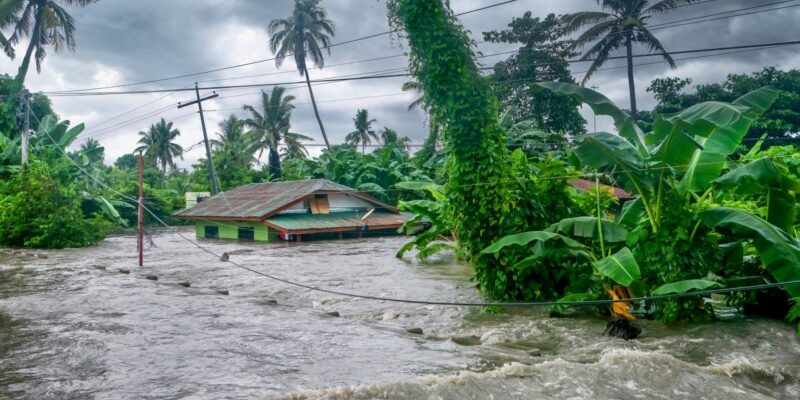
Second Glasgow Dialogue: lessons from latest Committee meeting on loss and damage finance
Dr Olivia Serdeczny, Sneha Pandey
Key takeaways from the Transitional Committee’s second meeting on operationalising the new loss and damage fund and funding arrangements.
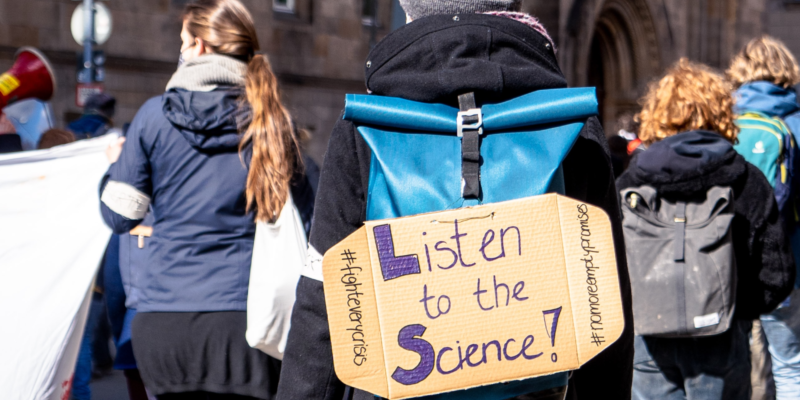
Climate science beats climate fatalism
Dr Carl-Friedrich Schleussner, Bill Hare
Now that the Earth has warmed roughly 1.2°C, “once-in-a-century” heatwaves, forest fires, and floods are becoming more familiar to us. But there is still a massive difference between 1.2°C and 1.5°C, and the science shows that it is still possible to end this century at or below that threshold.
